

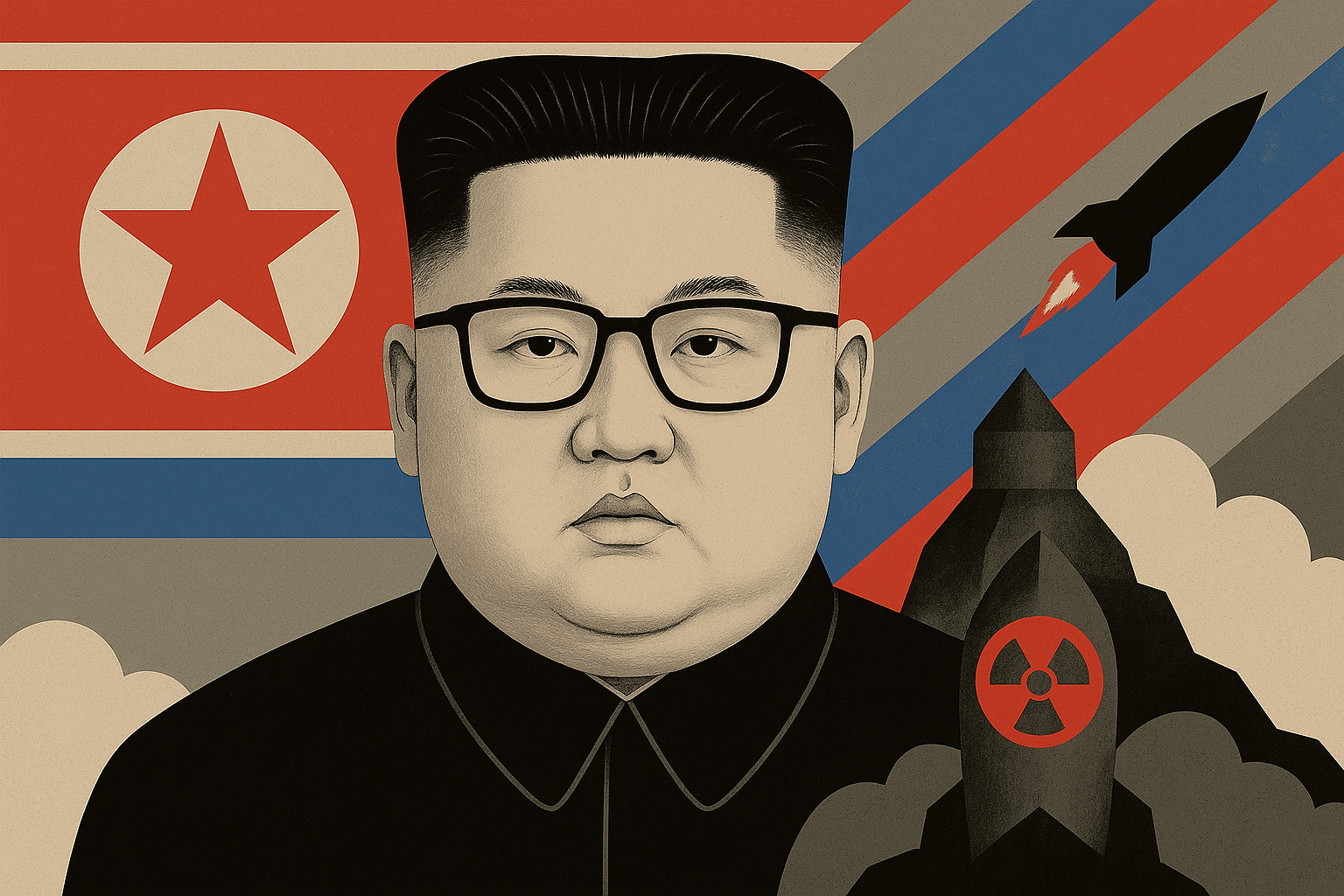
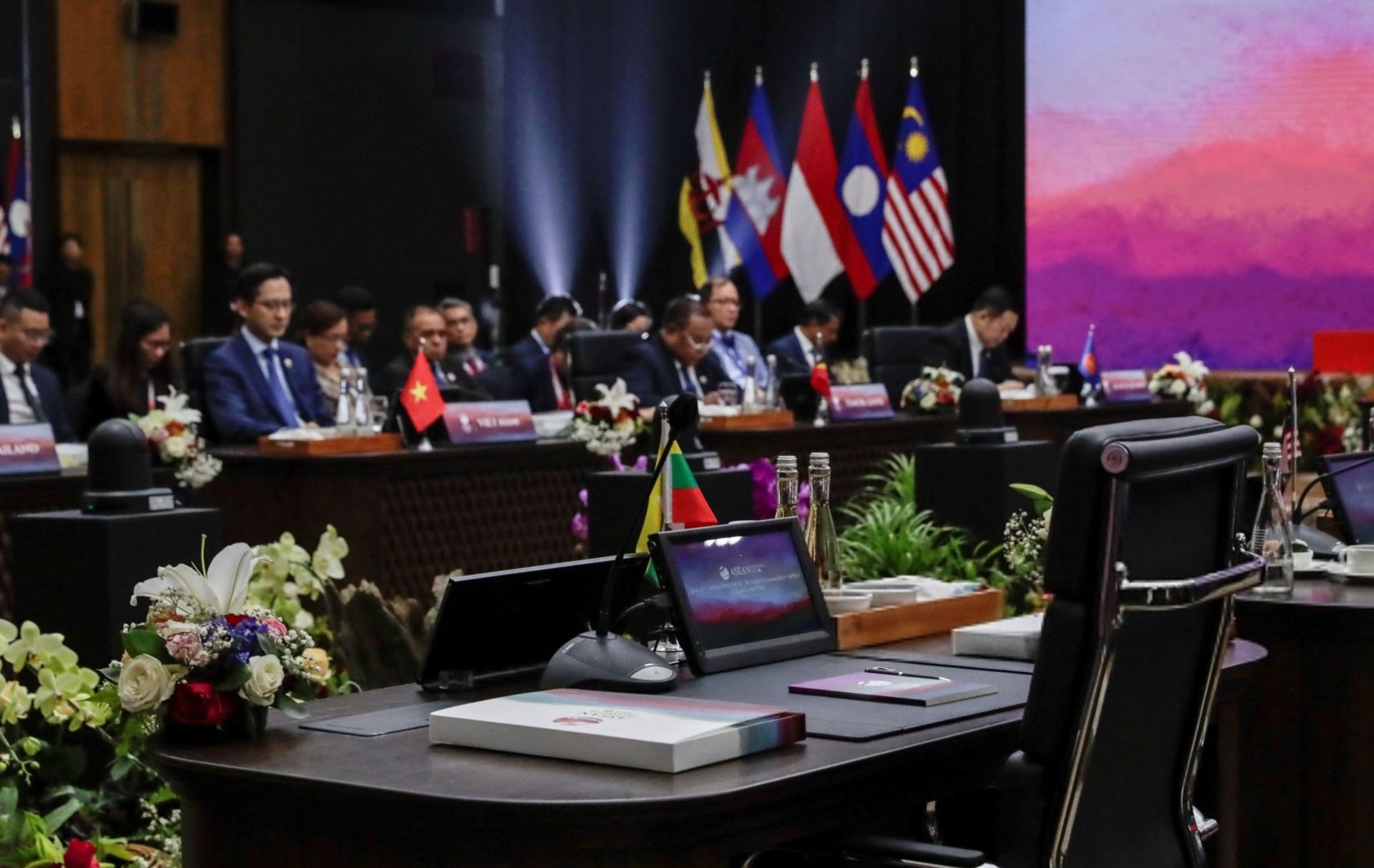
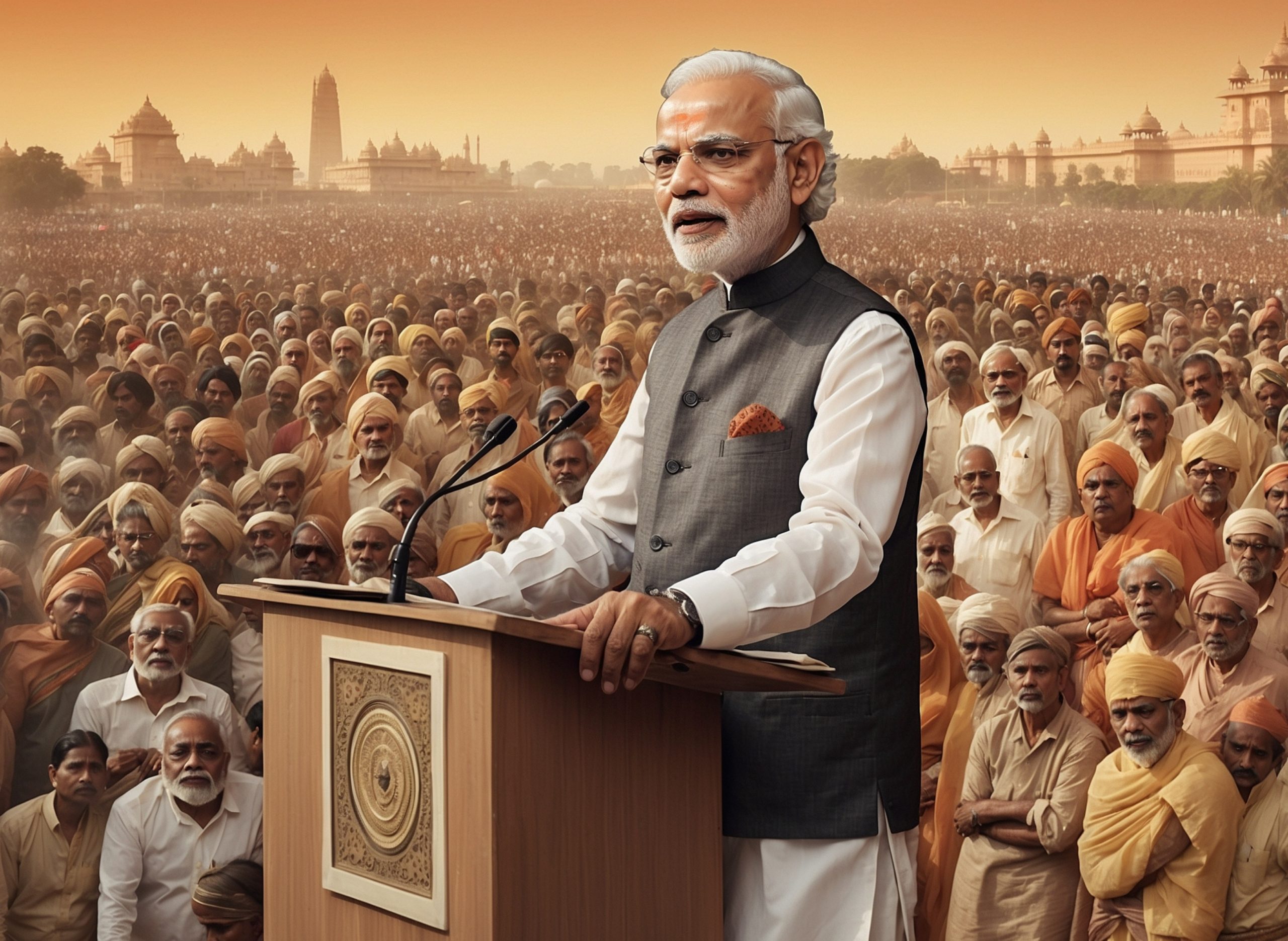
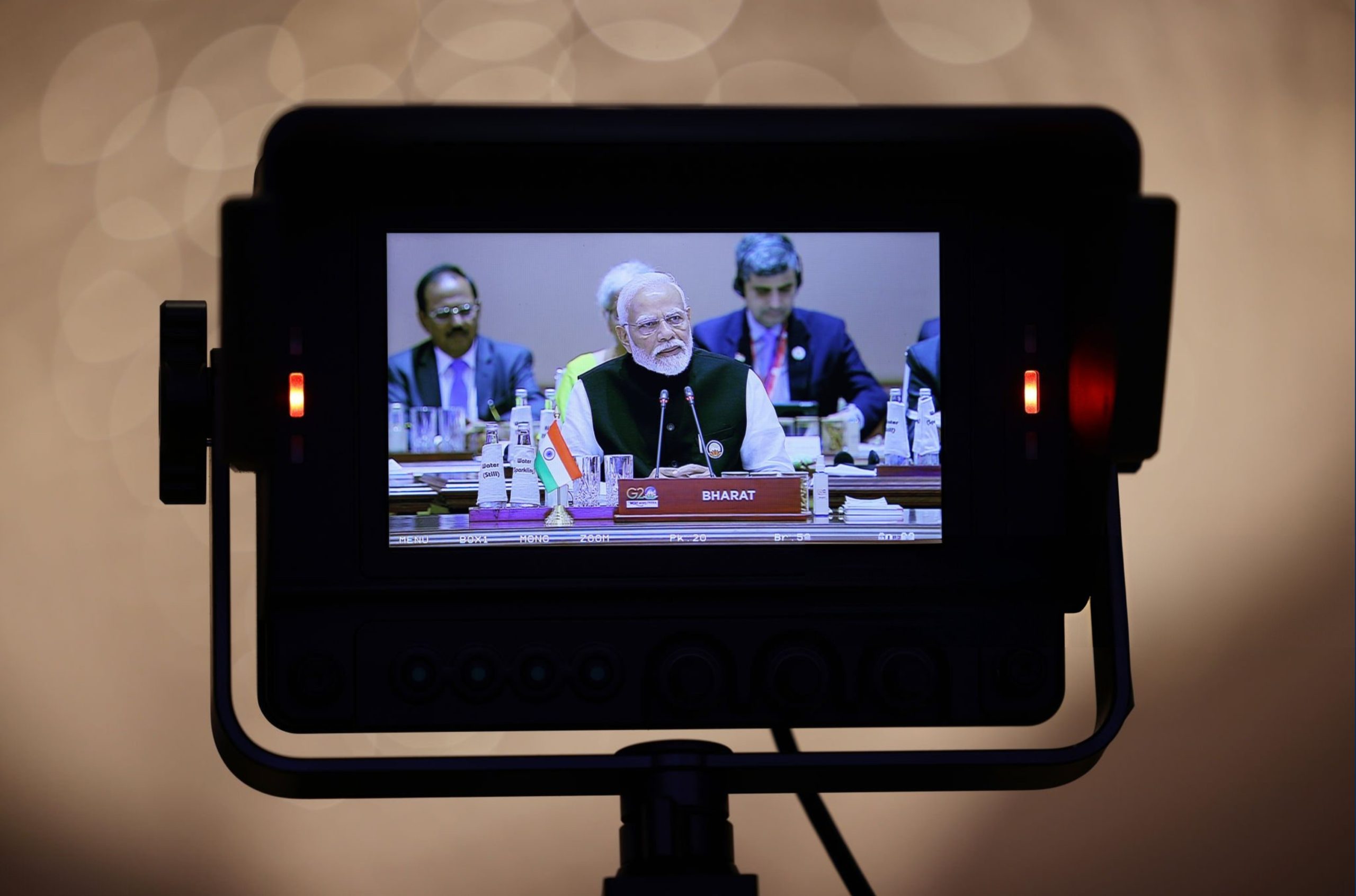
Under Modi, India’s foreign policy aims to navigate regional instability, balance global powers, and foster partnerships, while addressing key challenges like climate change and infrastructure development.
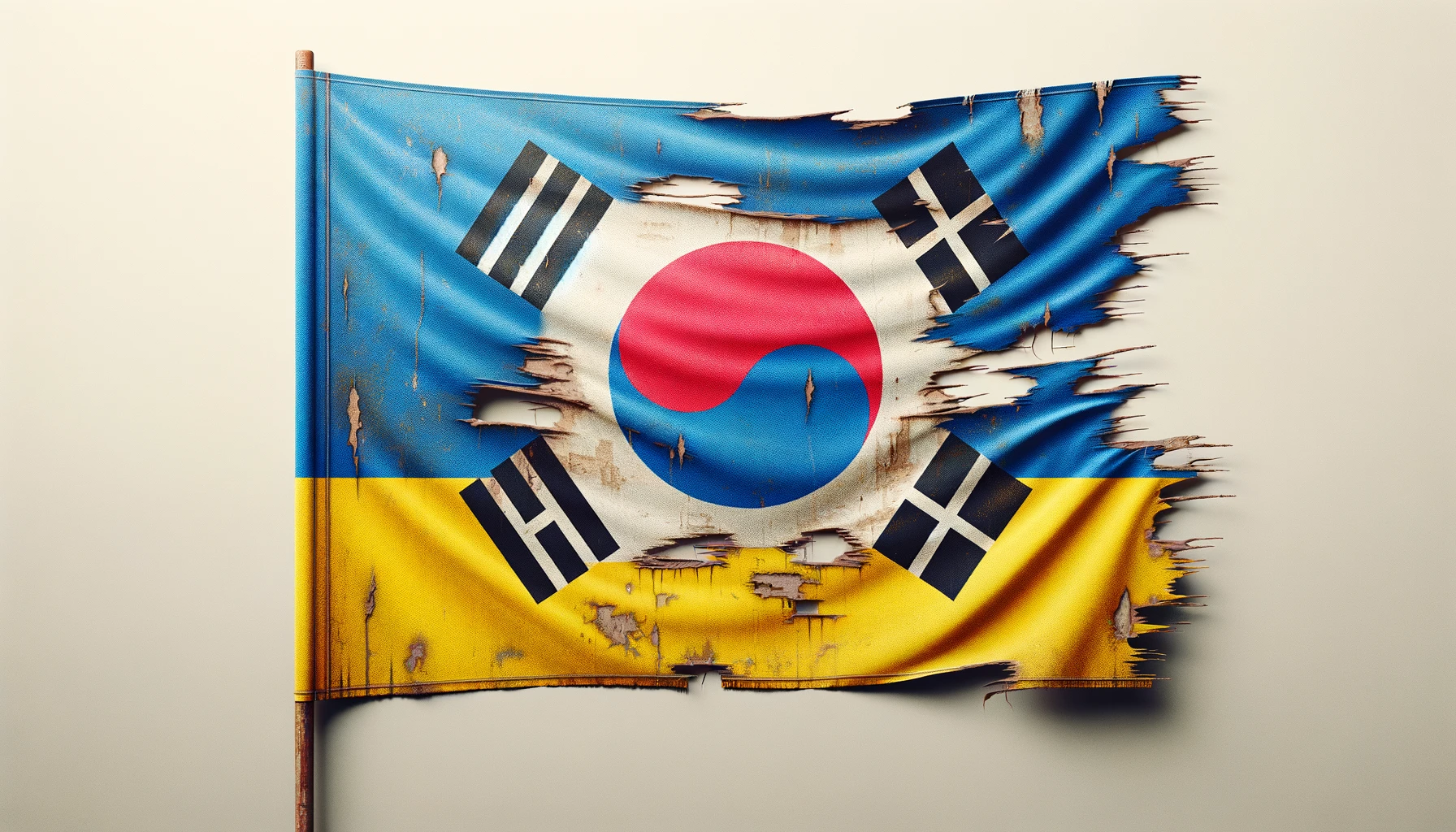
The strategic missteps, the power of global alliances, and the search for peace between the Korean War and the conflict in Ukraine offer crucial insights into today’s international order.
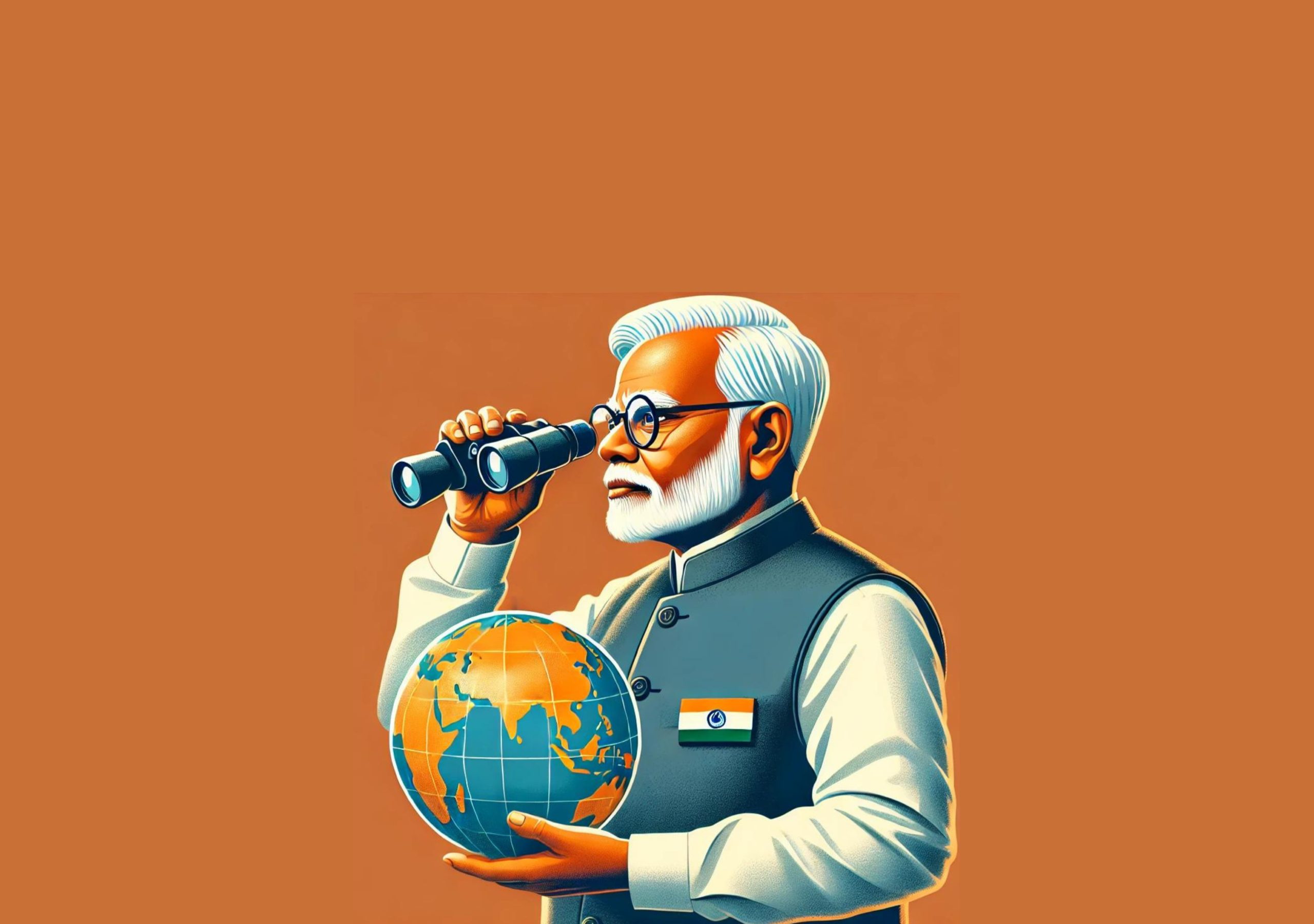
In the race for Global South leadership, India’s ambitions and China’s strategies clash, unraveling a tapestry of power, promise, and profound contradictions.
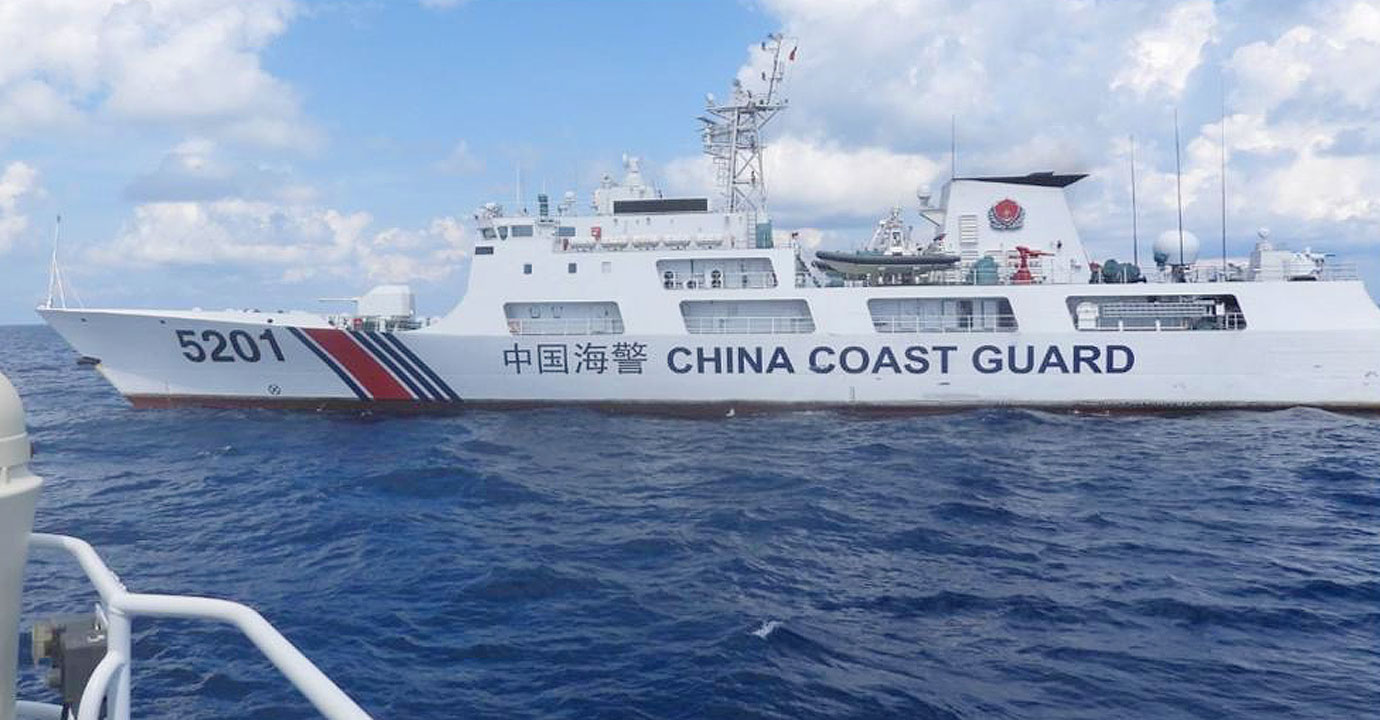
Philippine Coast Guard monitors China’s activities at Sabina Shoal amid rising tensions in the South China Sea. Allegations of unauthorized land reclamation and coral destruction prompt scrutiny, intensifying regional disputes over territorial claims.
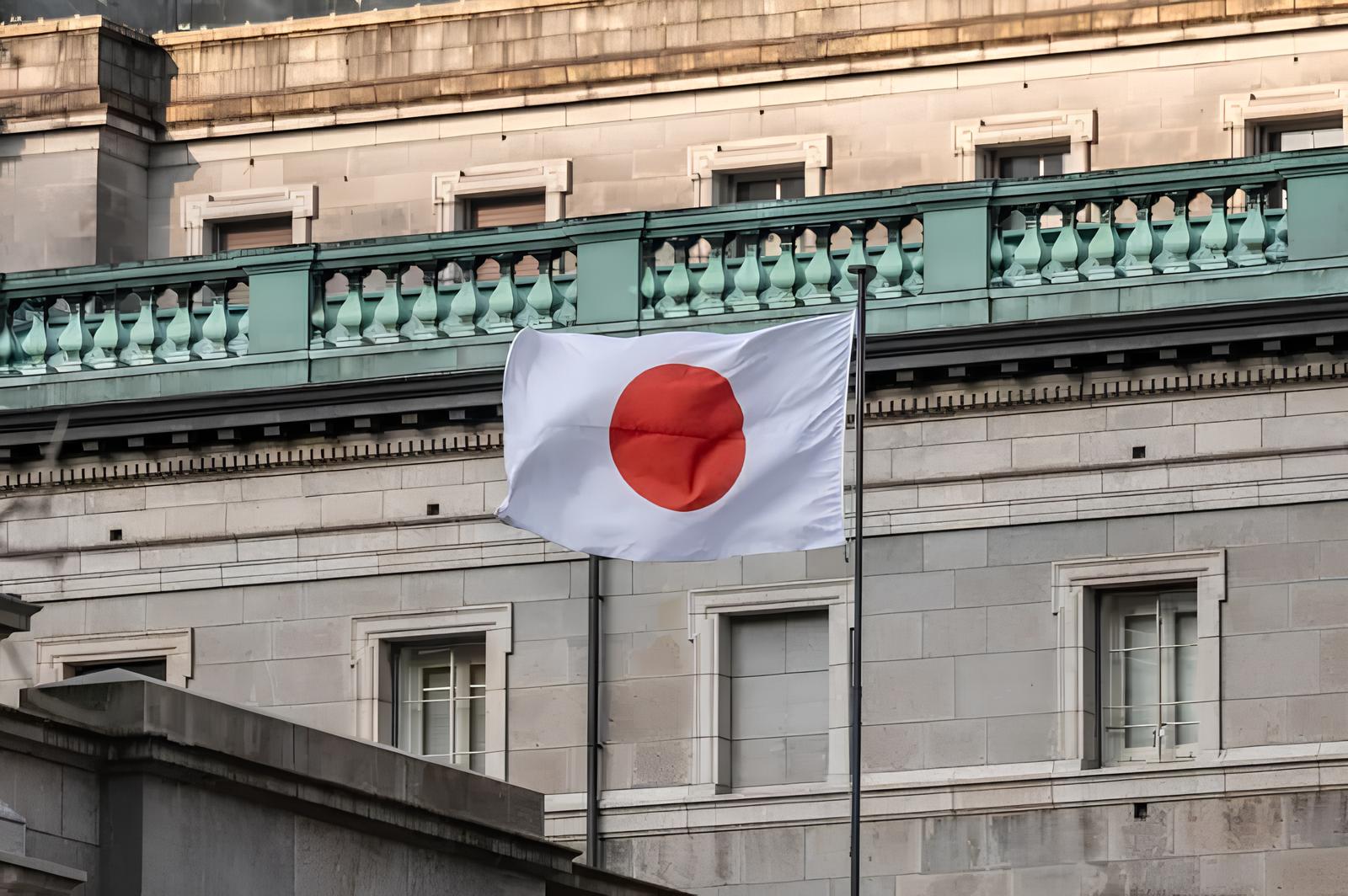
In the face of both regional and geopolitical challenges, Japan has shifted towards a more activist and security-oriented foreign policy—and adopted values-based language to justify this shift.
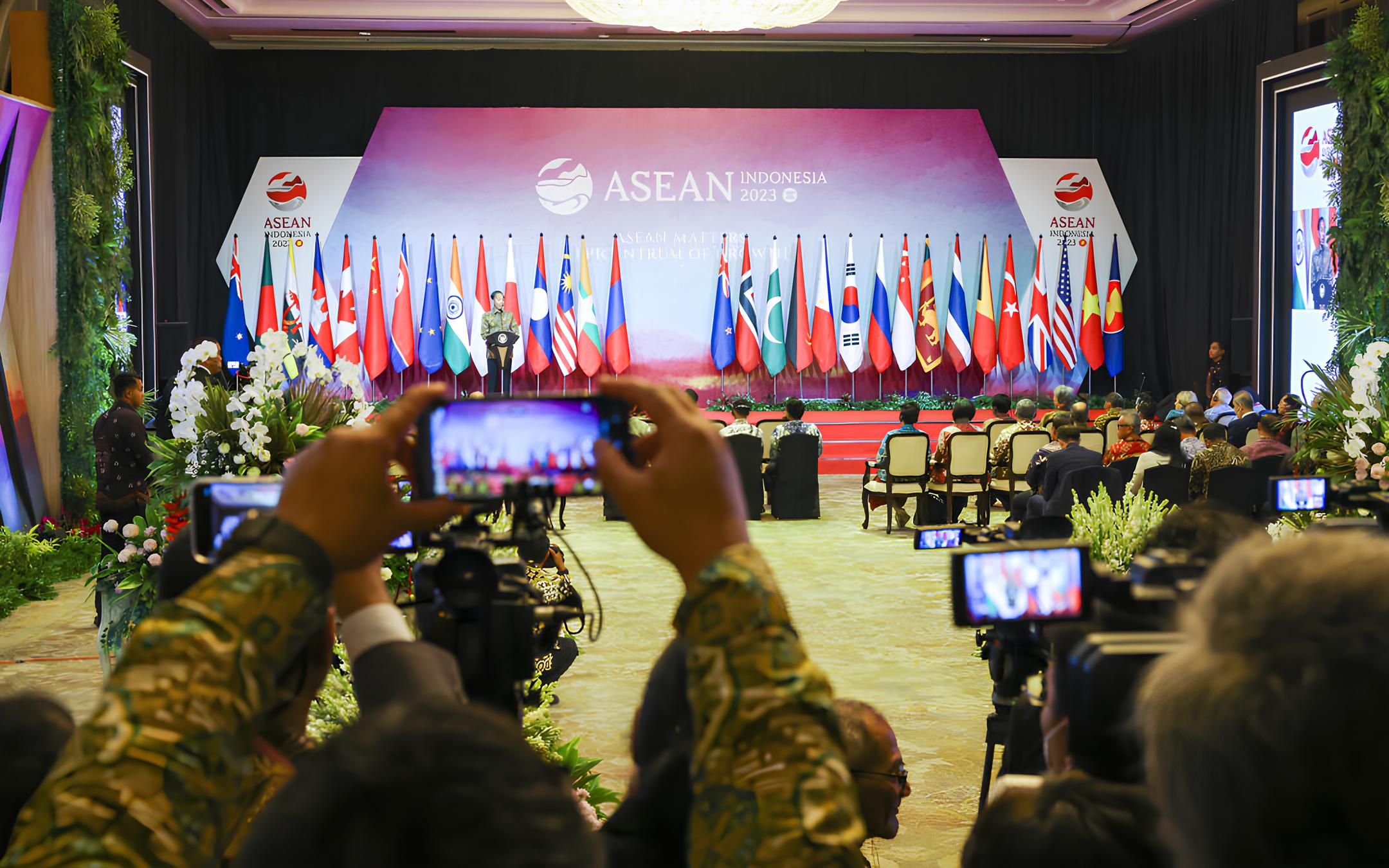
In the face of ongoing human rights violations in ASEAN, AICHR’s effectiveness is faltering. A strong roadmap for change is needed. Can AICHR gain the authority and legitimacy to address these issues?
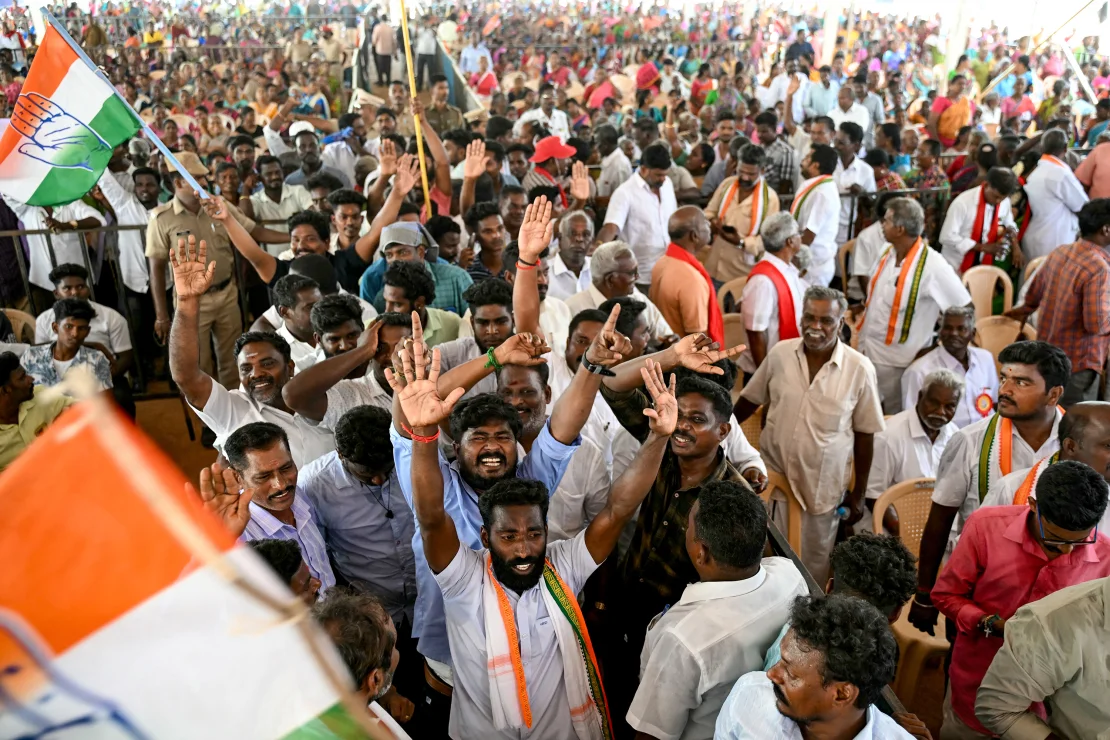
In the heart of India’s electoral fervor, whispers of hope mingle with echoes of concern, as citizens brace for a pivotal moment in their nation’s history.